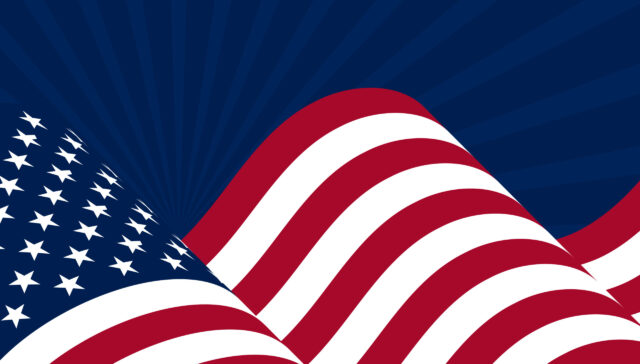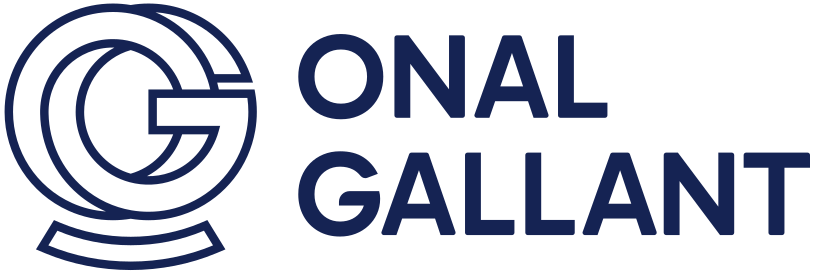
P-3 Visa
What is P-3 Visa?
The P-3 visa is a temporary, non-immigrant U.S. work visa allowing foreign artists and entertainers (individuals or groups) to enter the U.S. to perform, teach, or coach in a "culturally unique" program. Its purpose is cultural exchange, enabling artists to share unique traditions. Programs can be commercial or non-commercial.
The P-3 visa is temporary, granted for the program's duration, and applicants usually must show intent to return home.
Benefits of the P-3 Visa
- Legal Work: Allows work for the specific P-3 sponsor and approved activities.
- Travel: Permits travel in and out of the U.S. while the visa is valid.
- Dependents: Spouse and unmarried children under 21 can accompany under P-4 status.
- Support Staff: Allows essential support personnel (P-3S visa).
- Processing: Can potentially be processed quickly, especially with Premium Processing.
- Renewable: Status can be extended yearly.
- Study: Allows incidental or part-time studies.
P-3 Visa Requirements
Eligible Applicants (Artists, Entertainers, Groups)
The P-3 visa is for individual artists/entertainers or groups. Unlike P-1B, P-3 groups don’t need a minimum prior performance history together.
The P-3 focuses on cultural uniqueness, distinct from P-1 (internationally recognized athletes/groups) , P-2 (reciprocal exchange programs) , or O-1 (extraordinary ability).
Purpose of Visit Requirements
Activities must involve developing, interpreting, representing, coaching, or teaching a unique or traditional ethnic, folk, cultural, musical, theatrical, or artistic performance/presentation. The visit must include cultural events furthering the art form’s understanding or development. Applicants need the required skills.
The Role of the U.S. Sponsor/Employer/Agent
A U.S.-based entity must sponsor the P-3 visa beneficiary; self-petitioning is not allowed. The petitioner (U.S. employer, sponsoring organization, U.S. agent, or foreign employer via U.S. agent) files Form I-129 and adheres to employment terms.
Using a U.S. agent is useful for tours with multiple venues but requires proof of authorization and a detailed itinerary per USCIS guidance. Choosing the right petitioner structure impacts the evidence needed.
P-3 Visa Duration, Extensions, and Changing Employers
Initial Period of Stay
P-3 status is granted for the time needed for the event/program, up to one year maximum. The Form I-94 dictates the authorized stay duration, not the visa stamp expiration. Entry up to 10 days prior and stay up to 10 days after validity may be permitted.
Applying for P-3 Visa Extensions
Extensions are possible if more time is needed for the same event/activity.
- Duration: Granted in increments up to one year.
- Process: Petitioner files a new Form I-129 before the current I-94 expires, showing the ongoing need.
Changing P-3 Employers
To work for a new employer:
- New Petition Required: The new employer must file a new Form I-129.
- Approval Needed Before Work: Beneficiary cannot start work for the new employer until the new petition is approved.
P-3 Visa Application Process
Step 1: Filing the Form I-129 Petition with USCIS
The U.S. petitioner files Form I-129, Petition for a Nonimmigrant Worker, with USCIS. The beneficiary cannot self-petition.
Step 2: Essential Supporting Documentation
- Labor Consultation: A written advisory opinion from an appropriate labor organization is mandatory.
- Proof of Cultural Uniqueness/Authenticity: Expert letters, published materials, program details.
- Contract: Copy of the written contract or summary of an oral agreement detailing employment terms.
- Itinerary: Required for multiple locations, listing dates and venues.
- Beneficiary Documents: Passport copy, resume/CV. If in the U.S., proof of status (visa, I-94).
- English Translations: Required for any non-English documents, with translator certification.
Step 3: USCIS Petition Adjudication
- Receipt: USCIS issues a Form I-797C receipt notice.
- Further Action: USCIS may issue a Request for Evidence (RFE) or Notice of Intent to Deny (NOID).
- Approval: If approved, USCIS issues Form I-797 Notice of Action. This is not a visa.
- Processing: Check USCIS website for current times. Premium Processing (Form I-907) is available for faster adjudication for an extra fee.
Step 4: Consular Processing (Outside U.S.)
Beneficiaries outside the U.S. need to apply for a P-3 visa at a U.S. Embassy/Consulate.
Questions? You’re covered.
Individual/group artists/entertainers and essential support staff sponsored by a U.S. entity for a culturally unique program.
Initially up to 1 year for the event/program. Extensions in 1-year increments for the same activity.
Spouse/children under 21 get P-4 visas. They cannot work but can study.
News and blog


Navigating the Startup Maze: A Guide to Legal Structures, IP Protection, and Founder Agreements


